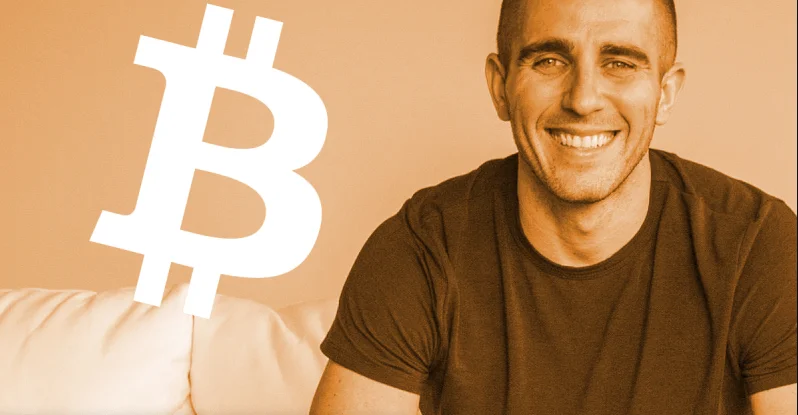Anthony ‘Pomp’ Pompliano, the co-founder of Morgan Creek Digital and host of The Pomp Podcast, had his 251,000-subscriber channel banned from YouTube before it was later restored.

Pompliano, a Bitcoin (BTC) bull known for his interviews educating sceptics and others on crypto, said he received a notification from YouTube saying a recent live-streamed interview with stock-to-flow model designer PlanB encouraged “illegal acts” in an Oct. 11 update on his Twitter account.
Pompliano’s whole channel remained down for about two hours before being restored to the site, with all BTC and crypto films available for public viewing.
“[YouTube] initially indicated that the content, a Bitcoin interview, was damaging and hazardous,” Pomp explained. “They then said we’d get a strike, but then I got another email saying the channel was being taken down seconds later.”
Pomp claimed that he had received no “strikes” – violations of YouTube’s community guidelines; three strikes in 90 days can result in a channel’s permanent removal — and that the video featured no objectionable content or otherwise.
The platform’s standards, on the other hand, specify that it reserves the right to deactivate channels for “a single example of serious abuse” or accounts dedicated to hate speech, harassment, or impersonation.
YouTube had previously targeted crypto-related content on the platform, with its algorithms categorizing videos on BTC and other cryptocurrencies as “harmful content” and leaving any appeals to human reviewers.
Because of his 1.1 million followers and verified account, Pomp was able to grab the attention of YouTube’s support team on Twitter within minutes. Other crypto content providers, on the other hand, have reported waiting days after their channels were similarly shut down.
The apparent arbitrary termination of a big crypto player’s account underlines the risk of relying on a centralized platform like YouTube.
Facebook, Instagram, and WhatsApp fell out for about six hours last week, affecting community involvement around cryptocurrency and blockchain initiatives.
Furthermore, YouTube has come under fire for attempting to remove videos relating to health disinformation surrounding the COVID-19 outbreak. Since February 2020, the site stated it had eliminated more than one million videos “connected to harmful coronavirus material,” according to a statement released in August.
